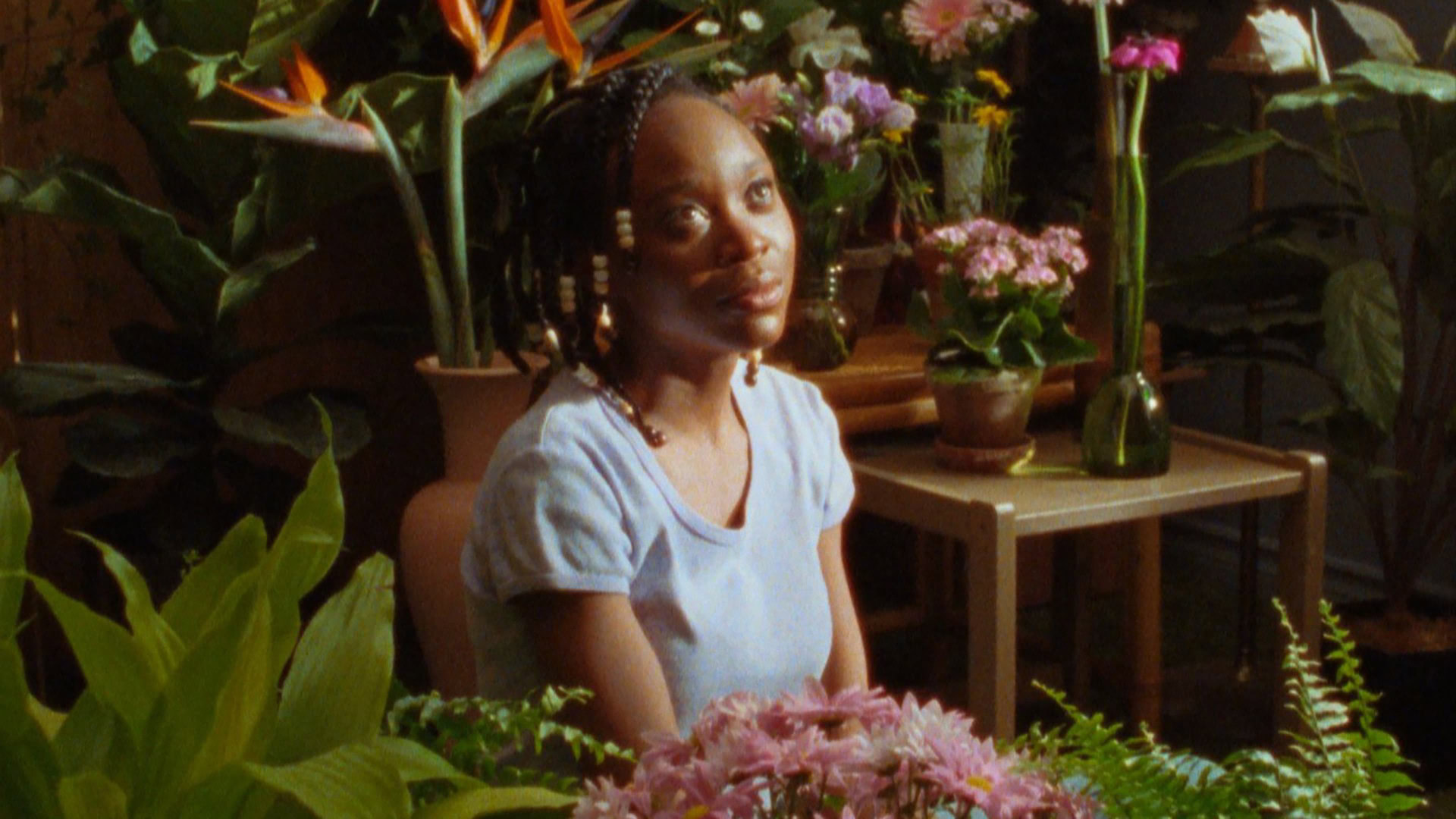
“This joy is immense. This hope is infinite. Yet ... all is vain and ephemeral.”
Those words, spoken in whispered voiceover, express one of the closing thoughts of Cette Maison, a movie bursting with ideas and insights.
Written and directed by Miryam Charles, Cette Maison (This House) is a multi-generational family story haunted by the death of a cousin. Filmed in dreamy 16 mm on spare theatrical sets and baroquely cluttered colonial homes, Charles’ film set in mid-1990s Connecticut and Quebec, Canada, feels like a discovery despite being shot during the pandemic. Every image feels beamed from the past. It’s artifice approaching authenticity.
Hearing how the Canadian-Haitian director achieved this feat will be one of many highlights at this year’s Mimesis Documentary Festival, running Aug. 14-18 at the College of Media, Communication and Information (CMCI) at CU Boulder and the Boedecker Theater at the Dairy Arts Center. Charles is this year’s artist-in-focus, and she will be on hand to present Cette Maison (Aug. 16) and give a masterclass (Aug. 17).
Now in its fifth year, the Mimesis Documentary Festival is the most intellectually stimulating and artistically invigorating film festival on the Front Range. If you’ve never been, don’t let the word “documentary” trip you up. These are not your typical talking-head docs that reflect on the glories of yesteryear but rather poetic explorations of where the form can go.
Cette Maison doesn’t feel like a documentary in the traditional sense, but neither does CU professor Erin Espelie’s abstracted study of the red-throated loon, Gavia Stellata (Sea Mew Set with Stars) (Aug. 18) or fellow professor Kelly Sears’ speculative eco-doc The Lost Season (Aug. 15). Additionally, all three are great.
That’s par for the course when it comes to Mimesis. This year’s festival kicks off in earnest Aug. 14 with a collection of installation, live performance and conversation, but there will be a free preview Aug. 10 at Boulder Public Library’s Canyon Theater with Terra Long’s Feet in Water, Head on Fire. It’s one of the selections I’m most looking forward to. Here are three more to put on your dance card.
Intercepted (8 p.m. Thursday, Aug. 15, Boedecker Theater)
Between March and November 2022, Ukrainian special services intercepted and recorded thousands of phone calls from Russian soldiers to family back home. Some of these calls exemplify the jingoism Russians held for their Ukrainian neighbors. Others illustrate the icy cold detachment soldiers achieved after witnessing and perpetrating war atrocities — one call depicting a form of torture known as “21 roses” is nauseating.
Yet a few show the humane conflict within the attacking forces. Director Oksana Karpovych bolsters the banality of the audio track with images of a destroyed Ukraine: sometimes through static shots that linger long enough to notice every piece of debris in a room, sometimes via phantom rides through the decimated villages of Ukraine. It’s a potent concoction of emotion and reality that feels manipulative and sincere, revealing and urgent. Everyone says war is hell, but few movies capture it this directly.
Some Thoughts on the Common Toad (Part of The Tree Remembers documentary block, 4 p.m., Sunday, Aug. 18, Boedecker Theater)
With words from a 1946 essay by George Orwell read by Tilda Swinton, director G. Anthony Svatek uses archival footage to move from a simple appreciation of the common toad and the rhythms of nature into a condemnation of capitalism and political machinery via British WWII footage. Like a lot of things Orwell penned, the prose holds as much relevance today as it did then — particularly if you substitute his use of “machine” with “artificial intelligence” — and it strengthens Anthony’s collage aesthetic threefold.
La Laguna del Soldado (Part of the Signals in the Mist documentary block, 8 p.m., Sunday, Aug. 18, Boedecker Theater)
At once a historical recounting of settlement, socioeconomic eras, political conquest and ecology, La Laguna del Soldado (The Soldier’s Lagoon) is composed primarily of long shots of nature while voiceover informs the viewer of the history of the space. Though the narration and the image don’t explicitly line up, the audience gets to connect the dots and draw conclusions. Meditative, informative and hypnotic, this nonfiction feature from Pablo Álvarez-Mesa shows that screened reality has many avenues.
ON SCREEN: The 2024 Mimesis Documentary Festival. Aug. 14-18,
mimesisfestival.org
